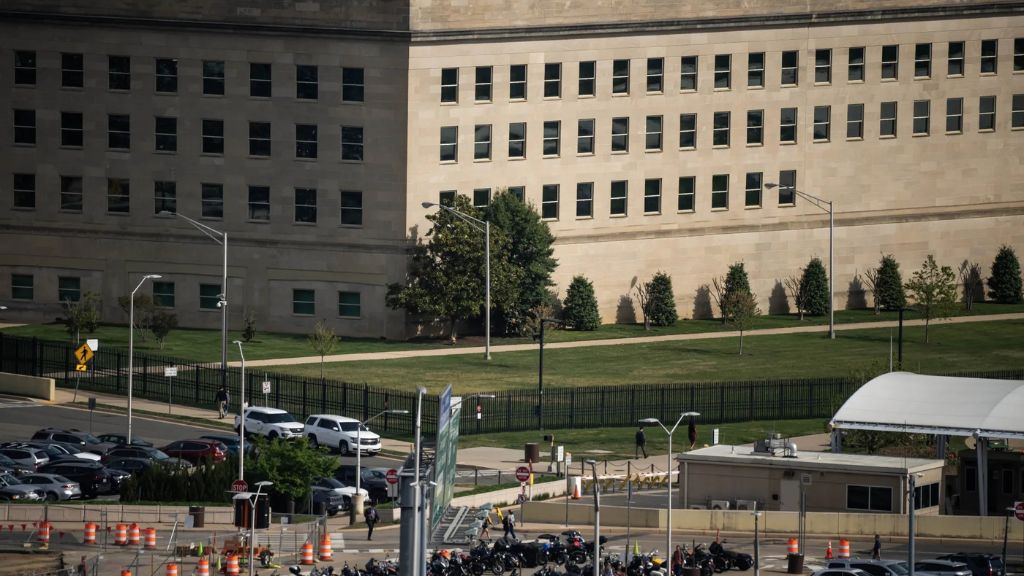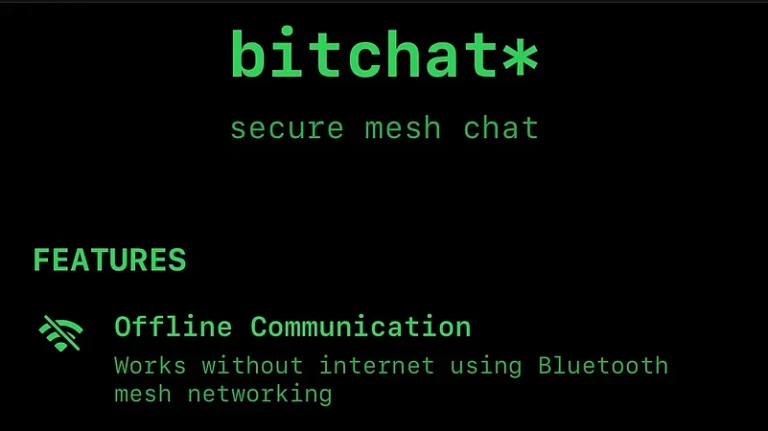
The Pentagon is exploring the use of Artificial Intelligence (AI) to create deepfake internet users for various defense and intelligence purposes. These AI-generated personas, designed to blend seamlessly into online communities, could be deployed for activities ranging from disinformation campaigns to covert digital operations.
By generating realistic deepfake avatars that mimic human behavior, speech patterns, and social interactions, the Pentagon aims to enhance its cyber defense strategies and counteract adversaries who use similar tactics. These digital personas could be used for reconnaissance, spreading misinformation to confuse enemies, or creating artificial networks to track and analyze suspicious online activity.
Critics, however, raise concerns about the ethical implications of using AI to create deceptive online personas. The potential for misuse, such as manipulating public opinion or invading privacy, has sparked debates on the line between national security and ethical responsibility.
While the technology promises to bolster U.S. cyber defense capabilities, it also poses significant questions about the future of online trust and the role of deepfakes in shaping digital warfare. The Pentagon’s initiative highlights the increasing reliance on AI in modern military operations, signaling a new frontier in the cyber defense landscape.






